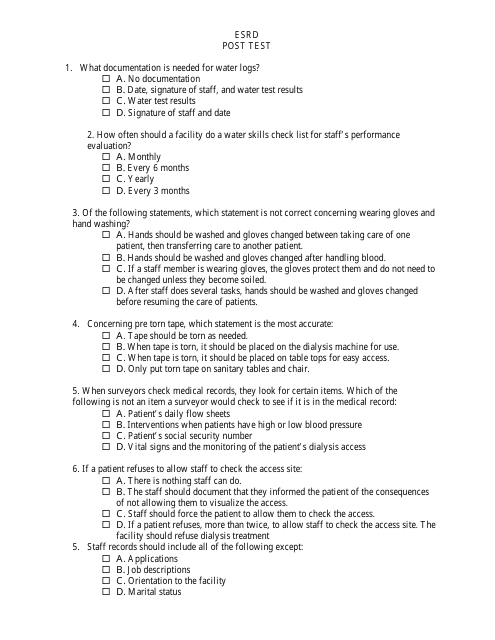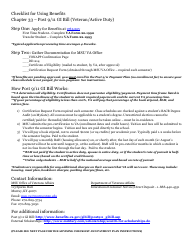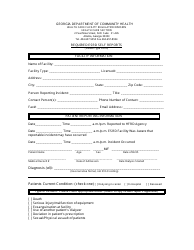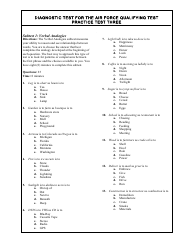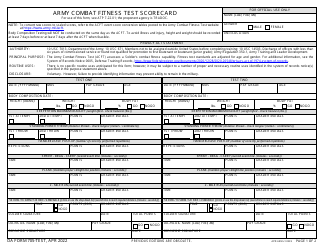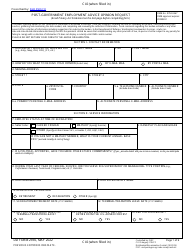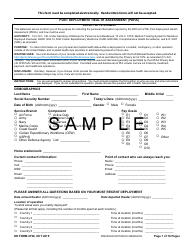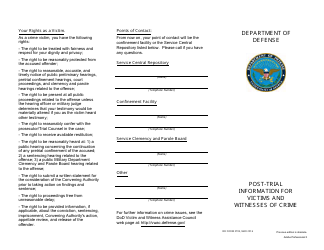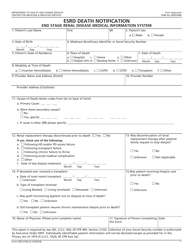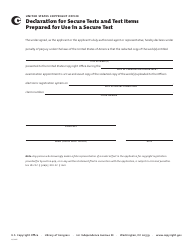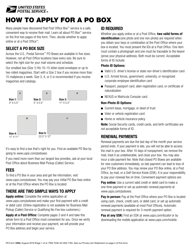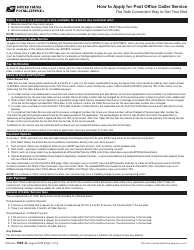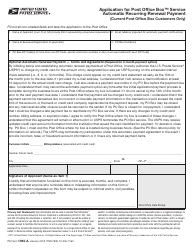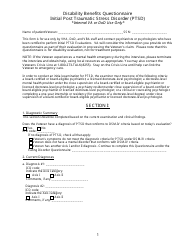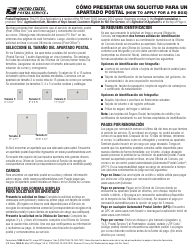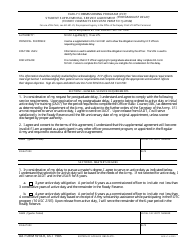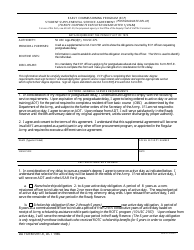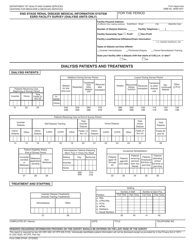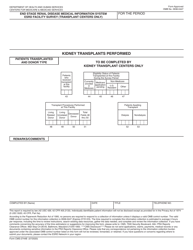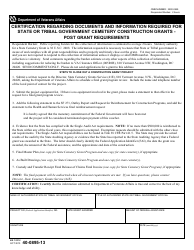Esrd Post Test - Georgia (United States)
Esrd Post Test is a legal document that was released by the Georgia Department of Community Health - a government authority operating within Georgia (United States).
FAQ
Q: What is ESRD?
A: ESRD stands for End-Stage Renal Disease. It is a condition in which the kidneys are functioning very poorly or not at all, and a person needs dialysis or a kidney transplant to survive.
Q: What are the common causes of ESRD?
A: The most common causes of ESRD are diabetes and high blood pressure.
Q: What is dialysis?
A: Dialysis is a medical procedure that helps remove waste and excess fluid from the blood when the kidneys can no longer perform this function.
Q: How long does a person with ESRD need to be on dialysis?
A: The length of time a person needs to be on dialysis can vary. Some people may need dialysis for the rest of their lives, while others may be able to receive a kidney transplant.
Q: What options are there for treating ESRD besides dialysis?
A: Besides dialysis, the other treatment option for ESRD is a kidney transplant. This involves receiving a healthy kidney from a living or deceased donor.
Q: What are the symptoms of ESRD?
A: The symptoms of ESRD can include fatigue, swelling, changes in urinary frequency or color, loss of appetite, nausea, and difficulty concentrating.
Q: Can ESRD be prevented?
A: ESRD can sometimes be prevented or delayed by managing the underlying conditions, such as diabetes and high blood pressure, through lifestyle changes and medication.
Q: Are there support groups for people with ESRD?
A: Yes, there are support groups available for people with ESRD. These groups can provide emotional support and advice on managing the condition.
Q: Is ESRD covered by insurance?
A: ESRD is typically covered by insurance, including Medicare, for eligible individuals. It's important to check with your insurance provider for specific coverage details.
Q: What is the long-term outlook for people with ESRD?
A: The long-term outlook for people with ESRD varies depending on their individual circumstances. With regular dialysis or a successful kidney transplant, many people with ESRD can live long and fulfilling lives.
Form Details:
- The latest edition currently provided by the Georgia Department of Community Health;
- Ready to use and print;
- Easy to customize;
- Compatible with most PDF-viewing applications;
- Fill out the form in our online filing application.
Download a printable version of the form by clicking the link below or browse more documents and templates provided by the Georgia Department of Community Health.
